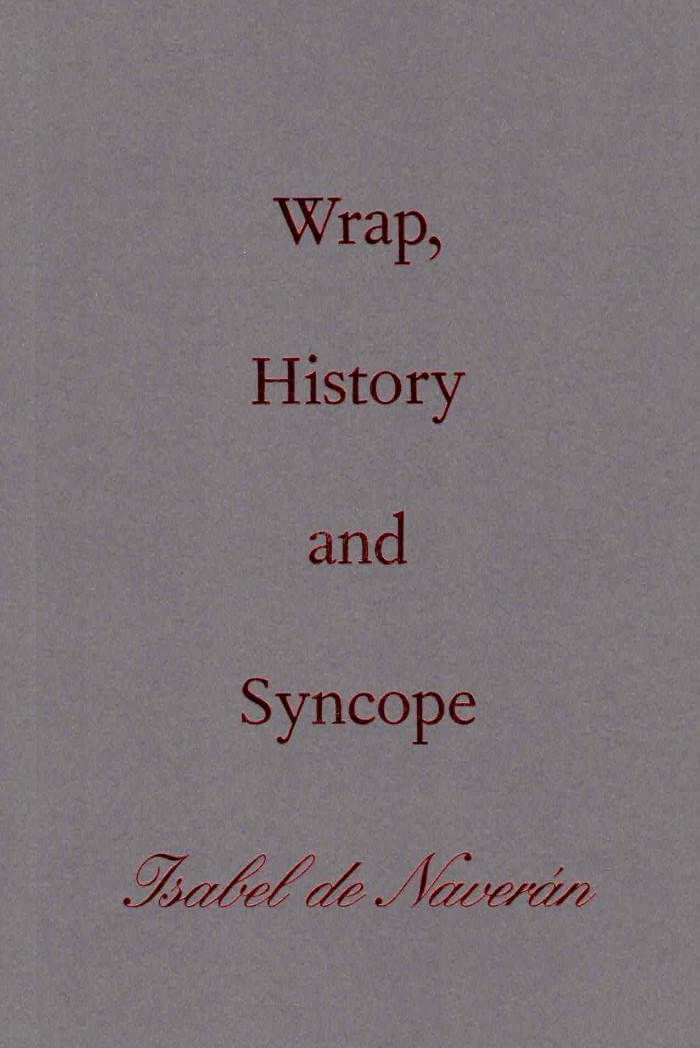
National Letters: Languages and Scripts as Nation-building Tools
Marek Nedelka ed.
National Letters is the first book published by Letter Books. National Letters travels through the episodes of the past in which letters, languages, and scripts played an important role in creating nation-states and national identities. Through four case studies (Turkey, Israel, Georgia, Ethiopia), the main body of the book explores four languages and nations which were each, against all odds and for various reasons, able to develop and maintain their writing system throughout their entire history, up to the founding of their nation-state.
Edited and Designed by Marek Nedelka
Contributions and texts by Rusudan Amirejibi–Mullen, Ivo T. Budil, Birol Caymaz, Tomáš Garrigue Masaryk, Marek Nedelka, William Safran, Emmanuel Szurek
Postcard letterings by Jan Horčík, Seb McLauchlan, Anežka Minaříková, Jan Novák
Translations by Ian Mikyska and Sam Mackay
Copy-editing and proofreading by Aren Ock
Co-published with UMPRUM (Academy of Arts, Architecture & Design in Prague)




